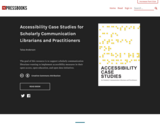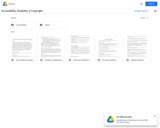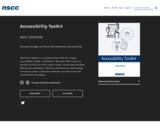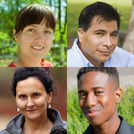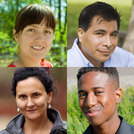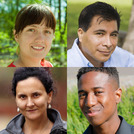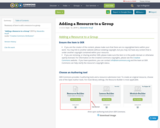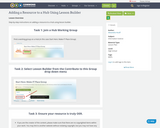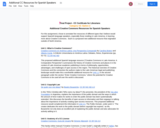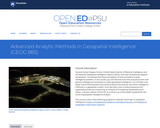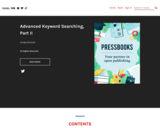Short Description:
The goal of the Accessibility Toolkit - 2nd Edition is to provide resources for each content creator, instructional designer, educational technologist, librarian, administrator, and teaching assistant to create a truly open textbook—one that is free and accessible for all students. This is a collaboration between BCcampus, Camosun College, and CAPER-BC.
Long Description:
The goal of the Accessibility Toolkit – 2nd Edition is to provide resources for each content creator, instructional designer, educational technologist, librarian, administrator, and teaching assistant to create a truly open textbook—one that is free and accessible for all students.
This second edition has built upon, and improved, the original toolkit—a collaboration between BCcampus, Camosun College, and CAPER-BC—with a new “Accessibility Statements” chapter, bibliography and list of links by chapter for print users in the back matter, updated information, and corrections to content, style and layout.
The French translation of the first edition of the Accessibility Toolkit—La Trousse d’outils d’accessibilité —is still available. In time, a French translation of this second edition will be made available.
Word Count: 14269
(Note: This resource's metadata has been created automatically by reformatting and/or combining the information that the author initially provided as part of a bulk import process.)
